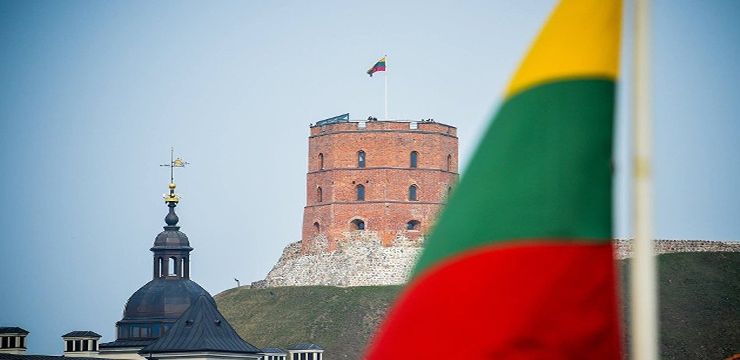Lithuania reports decrease in grain supplies from russia after tougher inspections

Supplies of feed grain from Russia and other “high-risk” countries to Lithuania are decreasing after Lithuanian authorities tightened inspections of grain imports, the country’s State Food and Veterinary Service said.
“As of today, we have no detected violations, we have only noticed a decrease in the amount of grain being transported,” Gediminas Gvazdaitis, director of the agency’s supervision department, told the Lithuanian national broadcaster.
So far, authorities are checking only feed grain transported by rail and road. According to Gvazdaitis, the order of the head of the service to check food grain should be signed on Thursday.
Neringa Motiejunaite, head of the Customs Department’s procedural division, said that judging by the statistics of customs declarations, the volume of imported grain from Russia and other “high-risk” countries is indeed decreasing. According to her, last year wheat and rye of Russian origin was not imported to Lithuania at all, only about 30,000 tons of corn was imported.
“I think the situation will not change compared to the data of 2023,” Motiejunaite noted.
According to Gvazdaitis, after stricter control over grain imports, samples of every batch are checked, not every twentieth batch as it used to be.
Karolis Šimas, president of the Association of Lithuanian Grain Processors and Traders, said that now the cost of testing grain samples for importers has increased, so stricter inspection procedures are effective. He said similar controls should be introduced for grain in transit from Kaliningrad to the port of Klaipeda.
“Then, perhaps, the transit will not pass through our country,” Shimas said in an interview with the Lithuanian national broadcaster.
As previously reported, since March 18, control over imported to Lithuania feed grain from Russia and other “high-risk” countries has been tightened – every carload of imported grain or vehicle is checked – both intended for the Lithuanian market and for export through the port of Klaipeda. In the near future it is planned to tighten control even more and check the origin of grain transported through Lithuania. The tightening will also affect food grain.
The list of “high risk” includes Russia, Belarus, and the Russian-occupied territories of Georgia, Moldova and Ukraine.
Read also
Wheat in Southern Brazil Impacted by Dry Weather and Frosts
Oilseed Industry. Leaders and Strategies in the Times of a Great Change
Black Sea & Danube Region: Oilseed and Vegoil Markets Within Ongoing Transfor...
Serbia. The drought will cause extremely high losses for farmers this year
2023/24 Safrinha Corn in Brazil 91% Harvested
Write to us
Our manager will contact you soon



